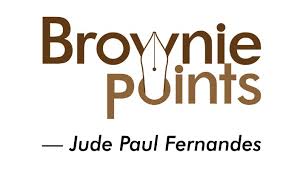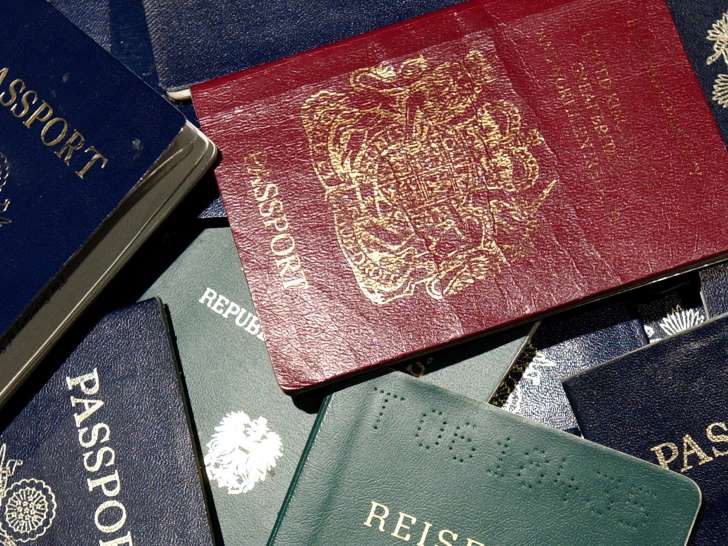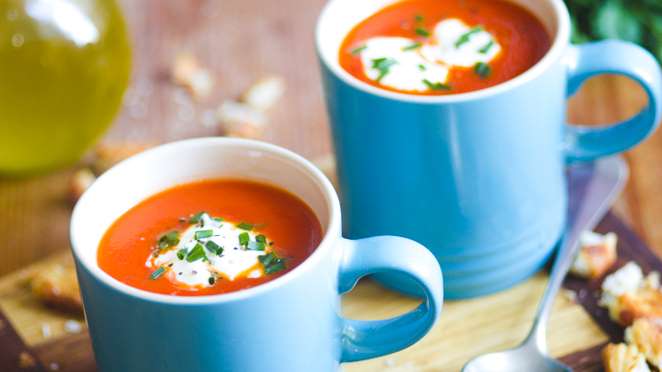
Should EThere are so many ESL, TESL, TESOL, and English classes being offered in our country that it’s pretty apparent the Government of Canada, colleges, even universities invest a lot of time and money in imparting English to its citizens. But when some communities just refuse to learn, or be taught, or just plainly and simply say “No speak English”, or “English, no talk” or answer you in their own native language you may think that it’s silly and preposterous, and probably swear under your breath. All of us agree that Canada is a country of immigrants—Irish, Scottish, British, Italians and Chinese—these are the communities with the earliest footprints. However, the only natives here are the first nations, the true ancestors of Canada. As for the rest of us; Polish, Russian, Portuguese, European, Spanish, South American, Hispanic, South Asian, Filipino, Black, British, Japanese, Malaysians, Vietnamese, Cuban and Mexican—we make up the multicultural fruit salad that constitutes Canada. I said fruit salad and not melting pot because all of us retain our cultures and languages, and therefore our identities are still individualistic, just like the berries in the salad retain their inherent nature, ditto for the apples, peaches, grapes, strawberries or pineapples. For put together, visible minority or majority; we are all part of one big happy Canadian family—living together in one of the biggest countries (geographically) in the world.
It’s not rocket science to discover that for the most part all Canadians are bilingual, or trilingual. Many of us linguistically retain the roots of our countries of origin. There is no such thing as a full-bodied Canadian accent as every culture has lent its own identity that refuses to be imploded or for that matter is sucked into the mainstream nature of things. That is the beauty of Canada—culturally each community brings age-old traditions, food and fashion to the table, and what a spread that can be if only politicians, businessmen, entrepreneurs, leaders and those of us in the media can tap into this goldmine of opportunity. There’s length, breadth, and depth to this canvas of peoples with ideas, skills, education, capabilities, possibilities, opportunities. What a great country of co-brothers and co-sisters we are—multi-lingual, multi-skilled, and so fantastically diverse.
Yet we bicker about accents, and manners, and telephone etiquette, and color, beliefs and religion. While speaking about telephone manners I must mention that when someone calls you, whoever it is, please do not say “Who is this?” or “Who are you?”. The right approach is: “May I know who is calling?” or “Can I ask who is calling?” And even if you speak very little English, kindly remember to say “Hello, how are you?, “Excuse Me!” and “I’m sorry!” Easy-breezy and what these phrases can do are open so many doors. Of course when someone opens the door for you, never forget to say a genuine “Thank You!”
As for me, I made up my mind that just like in my own country of origin where I had different friends who spoke different languages; I would do the same in my adopted country. In India for instance where I grew up—in a nation that speaks 1000’s of languages, and an equal number of dialects, where people are non-vegetarian, vegan and Jain (a community that eats nothing that is grown beneath the soil. No onions or garlic in their food) I have friends who speak diverse languages, and of course eat multiplicities of foods, but frankly the tie that binds us all together is one common language—English. Spoken in a variety of accents.
Along the years I’ve met and ate and be-friended Edwin Ta (from Mainland China), Boris and Svetlana (our Russian neighbours), Helder F (from Portugal), Roger D (from France), Justin and Conception Rodriguez (from Manila), Samatha S (from Uduipi), Marco P (from Sicily), Mario Lee (from Hong Kong), Morshian (from Jamaica), B (from Ghana), Domingo L (from Spain), Katy and Bruce (our Jewish neighbours), Phil and Liz (from Montreal), Nigel (from Nigeria), Stefan (from the Netherlands), Gabriella (from Italy), Silvan (from South Africa), Roberto (from Argentina) and Astrid (from the West Indies). On the way I have learned about genealogy, hierarchy, superstitions, beliefs and phantasmagorias of foods (no kidding). The funny thing is that if you look carefully, you’ll notice that even culturally we’ve probably had the same experiences. How? What? When? Why? Well cause the world is round, and human emotions are inherently the same no matter where you come from. And sometimes we may be drastically divergent, and poles apart, like night and day—what we all agree on is spoken in one understandable language across the board. Because on super sunny days we take the Scrabble to the park. Learning at least 10 new words in English, which we practice when we preach, sorry speak.

Jude Paul Fernandes is the author of ‘Frost Bites’ which is available at the Toronto Public Library. He is currently working on a novel ‘Lonely in Mumbai’ and can be followed on Twitter @JudePaulFerns


 South Asian News E-Paper
South Asian News E-Paper Punjabi News E-Paper
Punjabi News E-Paper

















